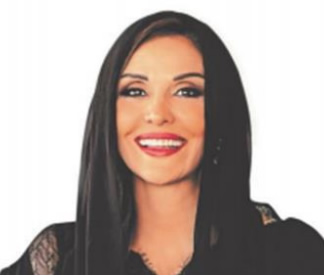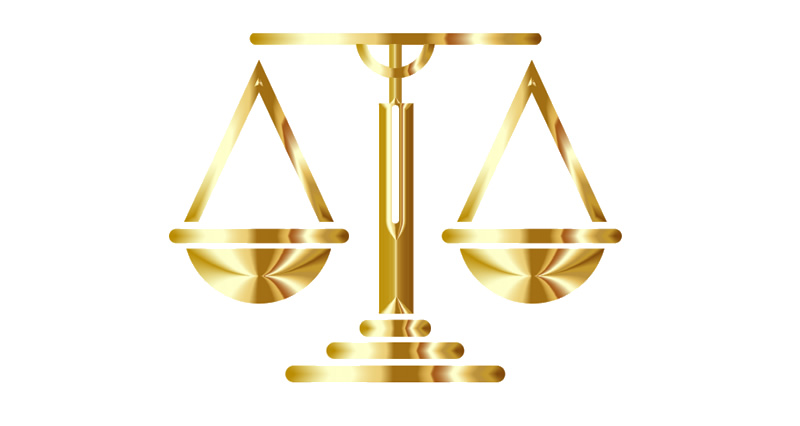Diana Hamade is the founder and managing partner of Diana Hamade Attorneys at Law. Here she kindly discusses with the role of religion in business.

Could you explain a little about your career path to date?
My career was not a steady, uninterrupted path, like many people. I guess I had to be the exception, even in a career path, though I finished school at the age of 17 and university when I was 21 and got my Masters degree when I was 23.
My career started with one if the international law firms in Dubai in the 90s but when I got married I left work for almost 6 years to have my children and when my second child went to nursery I joined the legal department of the chamber of commerce, for 3 years, but left work again when I got pregnant with my third child.
I joined the DIFC after the birth of my third child then left again 2 years later to set up my own law firm in 2007.
What drives you on a personal level to do the work you do?
What drives me on a personal level is the love of what I do. I have loved every bit of the journey so far. Being the child to my parents, the sister to my siblings, the mother to my children, the friend, the advocate of causes and of course the lawyer.
What are your professional specialisms?
My professional specialism is litigation, being an attorney at law is what I have passion for and continue to do. As an attorney I represent my
5
clients in every case before the court. Think of me as the Good Wife, in what she does in the series telling the story of an American woman lawyer.
But what I am known for, is property, family and employment law. I keep my distance from criminal law. I am also known as the private client lawyer in the region. I am ranked by Chambers as the rank one lawyer in the HNW private client practice and I also advise family businesses on corporate governance and dispute resolution.
For our readers around the world, could you give a brief overview of Sharia law, and whether you see business and Sharia law becoming more or less intertwined in the future?
When I went to law school, the UAE University offered a law degree in Sharia & Law. A dual major which is not available any longer any where, which is a pity. Studying Sharia was quite challenging even for me, despite my fluent Arabic and my religious upbringing, not in the sense of practice but the spiritual home I was raised in.

Sharia law is one of the sources of law in the UAE and not the source of law. That means we do base our laws on Sharia, in the areas we believe we should and need to.
Until now the Family law is the most reliant on Sharia. We are not a Sharia law state, like Saudi Arabia and Pakistan, or Iran.
We are like the other GCC states and other Arab countries, render Sharia a source of law. We may be rendered Sharia compliant in general but we do have conventional banks, alchohol served in restaurants, and other non sharia compliant sectors of business and economy that are rendered legal.
Literature on the relationship of Business and religion is scarce, because religion has been seen as a divisive tool. I can say from experience in business that religion has not mattered to us or to our partners in business ever.
Would my clients consider the religion of a business partner before signing a deal? No. But 30 years ago yes.
Religion played a part in business long ago but not any more. On the contrary, now it is interesting to meet now business acquaintances from different religions. Especially in Dubai where I live.
Dubai is all about tolerance and we are living it day by day. Other countries may not be enjoying our experience. It is saddening to see that neighbouring countries still fight over religions and sects, but trust me the same countries have the same people of different religions doing business and doing good for their countries.
Businesses can benefit from different faiths intertwined in the workplace and in deals. What is required is respect and tolerance.
Religion is what may be needed at the workplace to enhance creativity because religion is a vulnerability, which Brene Brown advocates and calls upon businesses to avoid creating cultures where perfectionism and armour is rewarded, and zero tolerance for vulnerability, because people will be talking about each other than talking to each other and that is what we see in our societies.
Religion is vulnerability and it is not a weakness, it is actually powerful because it connects people if we direct it positively.
